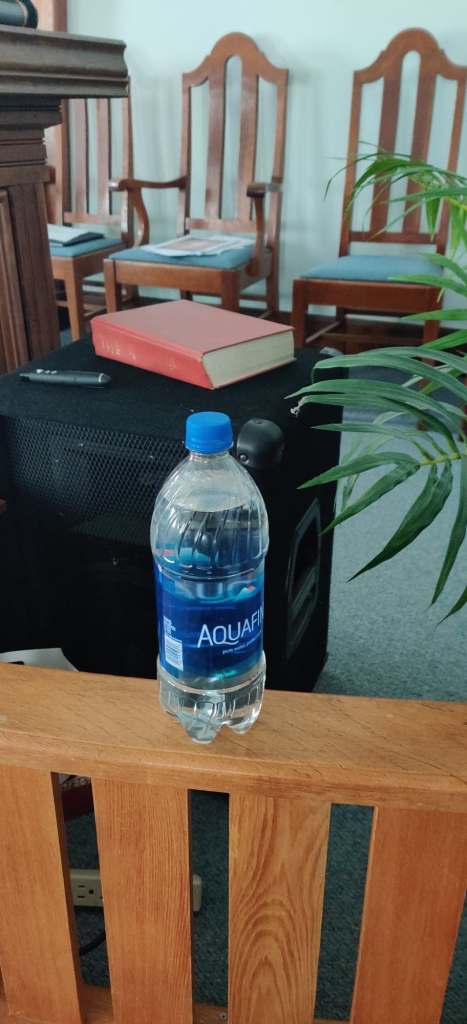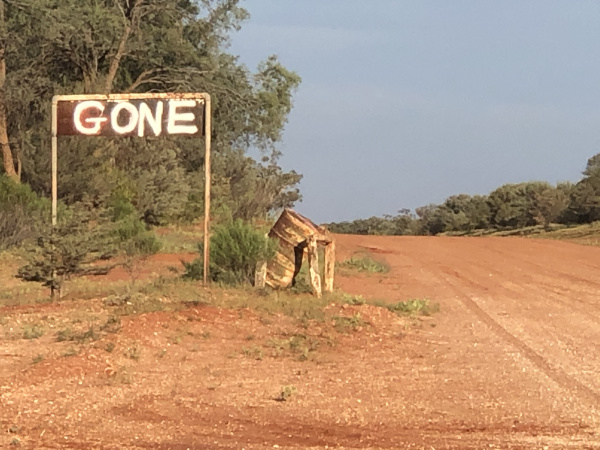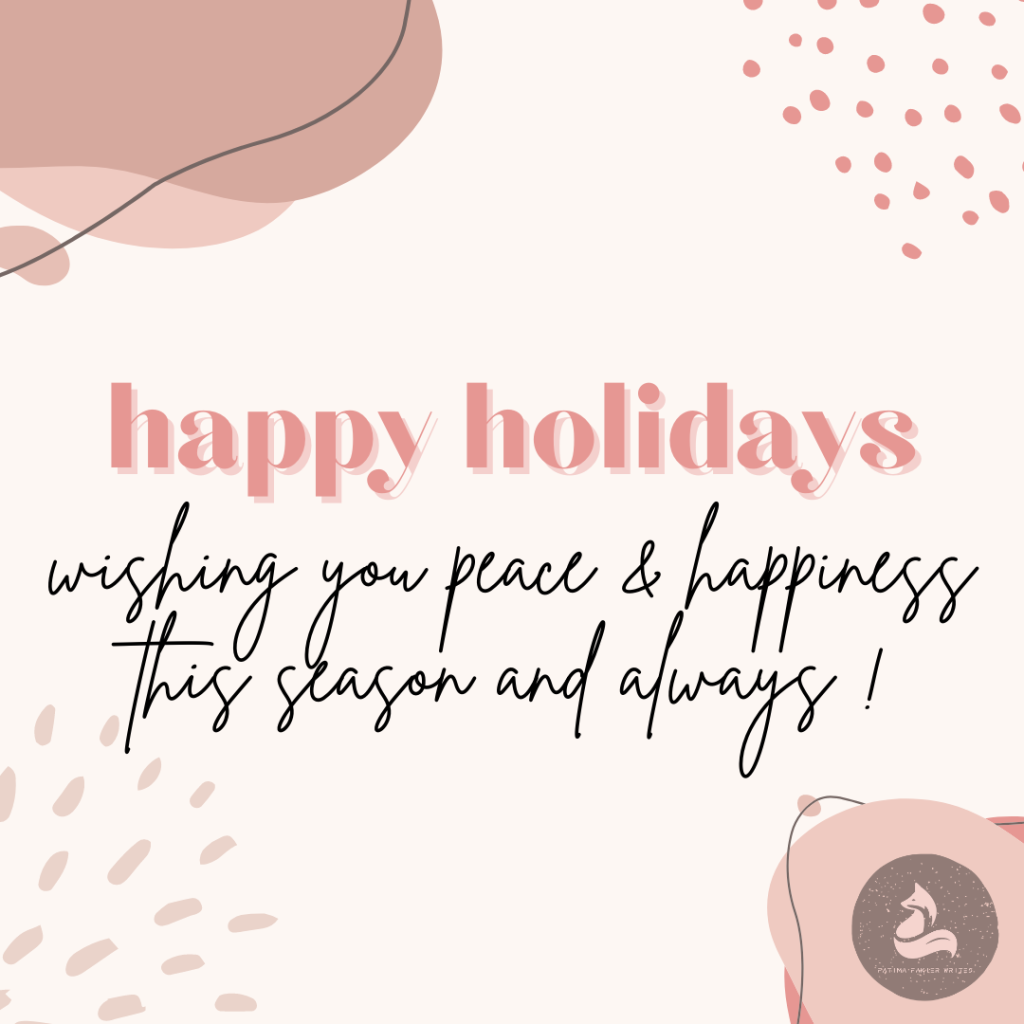Every ambitious writer has joined one: the writers’ group. That gathering of wannabes and bibliophiles , who keep you grounded and honest as a future bestselling author. And by that I mean they tear apart your clichés, and reprimand you for your poor ability to Show, Don’t Tell.
What is a writers’ group?
It’s tough to take criticism, but it’s absolutely necessary for your growth as a writer. I learned so much from my online writers’ group that I made learning the craft a priority since then. A lot of my poor writing was due to inexperience, both in writing and in life. To write stories that people can connect with and remember is to create an experience. That requires a certain level of your own life experience through the ups and downs. While good research can help you recreate the act of firing a gun for your character, even though you may never have held an actual Glock, you cannot do the same with emotions.
At the heart of every good story with 5-star Amazon and Goodreads reviews, is the author’s ability to make the reader feel something. I highly recommend joining a writers’ group at least once in your career even if you are already an accomplished writer. It’s a valuable feedback loop that can refresh your skills and push you out of a tiresome rut. Your readers will thank you for it. What’s more, you an also proffer your advice and critique to the next generation of up-and-coming writers.
Writer’s Group Alumni
I sometimes wonder if any of my fellow writers in that group ever made it to the big-time. It’s not as rare as one might think. I have joined two writers groups in my time. The first was purely critique and feedback purposes. The second was a lively bunch of writers who gathered every week to hash out 100 word stories based on an image prompt: the Friday Fictioneers. Louise Jensen, a regular contributor in our flash fiction group, went on to become a worldwide best-selling thriller author. Group leader, Rochelle Wisoff-Fields has released a trilogy recounting a rabbi’s daughter Havah’s survival of the Eastern European pogroms and her journey to the United States.
I joined the online writers group some years back. Lord knows how I found it. It was over ten years ago and I barely remember how the internet functioned back then. In my story chapter below, my character switched on her computer to read her messages. I was a late-adopter to the smartphone but even that struck me as weird. Yet, that is how we once communicated and we lived to tell the tale.
We submitted our stories via email and critiques would follow in an email thread. Pretty nifty for the time. My story was an untitled work. It also had no genre. Clearly, I had no idea what I was doing. Along the way, the others suggested it should be classified as romance. I disagreed – but what did I know? Reading it now, I can see the romantic themes that could work well in a romance novel. Or perhaps a thriller with a romantic-interest at the center of the plot.
The critique I’m sharing is from a woman who did not hold back her punches (she would kill me for that cliché). I picture her with a bespectacled pinched face, her knitting and token writer’s cat beside her. It is due to her that I learned the life-and-death importance of Show, Don’t Frikkin Tell. I owe her this. Her name was Fran.
My submission: Chapter 4 of the Untitled, Genre-less novel
Traffic was always a nightmare on the way home from work. Streams of cars crawled out of the city’s CBD in all directions. Pedestrians running for the next train hampered traffic flow as they crossed the intersection long after the walk sign disappeared. I didn’t bang my fists on the hooter like the other drivers. I sighed, rested my arm on the window and lay my head in my hand. It was like this every weekday and losing my temper didn’t seem worth it.
As I rested my head in my hand tilting it upwards, I noticed the sun was still shining and the air was still. No wind. Perfect for a run on the beach. Suddenly, I couldn’t wait to get home and put on my running shoes. I pressed on my hooter as hard as I could. People carried on walking in front of my car. I revved my engine and that seemed to do the trick. I maneuvered my Toyota Prius through the gap in the crowd and drove through the intersection just as the traffic lights turned amber. Once I was out of the city, traffic flowed like water downstream. The concrete buildings turned to mountains and ocean. Fumes and smog turned to salty sea air as I drew closer to the seaside suburb where I lived. It was a long commute to work but I couldn’t live anywhere else. I looked out my window at the indigo ocean lolling back and forth beneath the railroad tracks that ran along its coast. The tar road ran parallel to the railway track by the foot of the small mountain. Cobbled-stone paths winded between houses towards the beachfront. How could anyone leave this place after seeing that?
When I reached home I burst through the front door and sped to my bedroom wardrobe. I laced up my running shoes and bolted out the door slamming it shut. I jogged at a fast pace toward the beach. By the time I reached there I had a rhythm going and the previous night’s worries wormed their way into my mind once again.
Had Adam opened his inbox yet? I pulled a face imagining Adam laughing at my poor attempt to sound like an old friend who just wanted to catch up. Probably pitying me for misinterpreting his friendliness in the supermarket for a love interest. Maybe his reply would be straightforward, Sorry I didn’t mean to lead you on, but I’m just not interested in you that way. I don’t think it’s a good idea for us to meet. Or he’ll decide to completely sidestep the issue, Hi Ruby. I don’t live in town anymore. Just happened to be there that day though I don’t come by often. Next time I’m there, though I’m not sure when, we could meet up. Or worse, he wouldn’t reply at all. My feet pounded the pavement on the beachfront. I gulped short gasps of air. If he didn’t care for a second encounter I guess it’d be alright. My heart sank as I contemplated that possibility.
Then it rose into my chest again as I considered the chance that he might accept my invitation. I’d finally get to know him better. Butterflies fluttered around my heart closing in on it. I wondered if that was dangerous considering I was almost sprinting now. I imagined us meeting in a coffee shop out of town. Away from knowing eyes.
I slowed to an easy jogging pace and decided to end my exercise run early. I turned around and headed back home. The sea was like a painting. The sun still shone a bright yellow but it no longer looked inviting. It burned my face while I jogged.
After downing some orange juice I sat by the computer chewing my lips through its start up. I logged on to FriendsList. There was one unread message. From him. Taking a deep breath, I clicked on the message.
Hey Ruby
How are you? Yeah it’s always great to see an old friend. Meeting up would be nice. How about Izzy’s at the beach?
Adam
He wants to meet up again! ‘Old friend’. It’s weird that he’d use such a term since we hardly spoke in high school. I smiled hoping it indicated he was also interested in something more than friendship. Then I looked away from the screen and chewed on my thumbnail. If I were to go and see him, there’d be no going back. I stared at the wall above the computer. Even if nothing more were to happen, it might already be too late. I may already be in love with him. And Adam might not feel the same way. I raked my fingers through my hair.
Then I pictured his warm brown eyes. I imagined touching his hair, his soft curls clinging to my fingers. I remembered him in the supermarket, walking away past the cans of tomato soup. I thought of Ms. Emran and her philosophy on destiny. Hitting the reply button, I typed:
I’m doing great! There’s this great coffee shop in Kensington called Bean’s. I love it and I’m sure you will too. What do you say?
Kensington was miles away from where we lived and worked. It was my best bet.
The Critique: Flustered and Frustrated Fran
Hi Fatima, I’ve read it and even made a few correction marks but I’m feeling a little flustered now so I’m going to try and talk about the chapter rather than nitpick.
It’s a bridging passage between events, always a difficult thing to write. You do rely heavily on description, but it’s mostly telling description, not showing description. It’s my belief that “showing” description is superior to telling. Let me give you an example.
Telling:
Traffic was always a nightmare on the way home from work. Streams of cars crawled out of the city’s CBD in all directions. Pedestrians running for the next train hampered traffic flow as they crossed the intersection long after the walk sign disappeared. I didn’t bang my fists on the hooter like the other drivers.
Every one of these sentences is telling.
Showing:
The long city boulevards were choked with cars. Afternoon sunlight reflected off windscreens and chrome bumpers. At the intersection lamps glowed dully. Don’t Walk. Don’t Walk. Pedestrians ran across the street. From the station came the choked trumpet blast of a train horn. The summer sun beat down on my head as I rested it on my hands on the steering wheel. Life was pointless.
I marked a lot of your description as poor: Traffic flowed like water downstream. That’s clichéd, also redundant (water never flows upstream), also a simile – describe what is, not what isn’t.
I rested my head in my hand tilting it upwards. Whatever that means. Poor description, I can’t visualize it.
Toyota Prius TM. You could just say “car.”
The indigo ocean lolling back and forth beneath the railroad tracks that ran along it’s coast? You can do better than this. See if you can find a photo of the place you are thinking of, post it on flickr and ask the group to describe it for you. See what you get. Indigo ocean lolling indeed!
winded – should be wound.
…he wouldn’t reply at all. [new paragraph] My feet pouded… I’m guessing you should keep her thoughts about what he will do in one paragraph, and descriptions of her physical actions in another. It’s not a hard and fast rule, I guess?
The sea was like a painting. *doe eyes* Please. Just. Don’t. Oh, all right, um, first of all it’s not a description – you never say what the sea actually looks like. Leonado’s Mona Lisa, perhaps. Secondly it’s a cliché “pretty as a picture” etc, thirdly it’s a simile – describe what is, not what isn’t, fourthly there are so many ways that the sea is NOT like a picture it’s not funny. The sea is wet, a painting is dry. etc, etc, etc.
I’d guess if you’re feeling stuck with this it’s mostly because you don’t know where you’re going. Functionally this chapter works. It gets your character from point A to point B. The next scene should be at the coffee shop, or perhaps you’ll introduce something from Evan in between. Anyway this WORKS.
If you’re having trouble it may be because you don’t know what story you want to tell here. Is it a romance? Is it a serial killer story or a time travel romance? Or a vampire story. At the moment we don’t know and I’m hazarding a guess you might not either.
What I like to do when I get stuck like that is get a good friend in online chat and talk through the problem. Talk about who your characters are, what they want, what will happen to them, until you find the knowledge and motivation to get to work on the next scene. I find interactive chat with another mind helps me to find the ideas and direction I need.
You could also post this sort of thing on the list and ask for help with it, but I find that less helpful, personally. Also, we’re your audience and your proofreaders. Our first impressions should be precious to you. Discussing future events and options in the list may damage our ability to give you a real genuine first impression of your story. That damages your ability to fine tune your writing for your readers. Most readers will read your work only once – most readings are a first readings. You have to tune your work to the first impression.
Hope this helps,
-extracted from email
It’s not easy. But it is worth it.
Get valuable life-changing critique on your best work. Join a writer’s group from the comfort of your own home. Check out any of these links below to get started.











